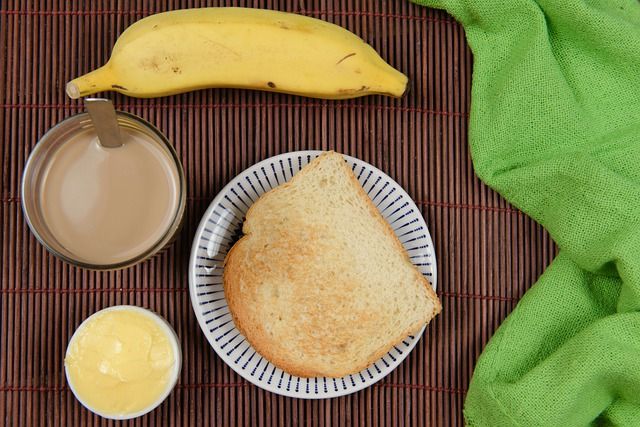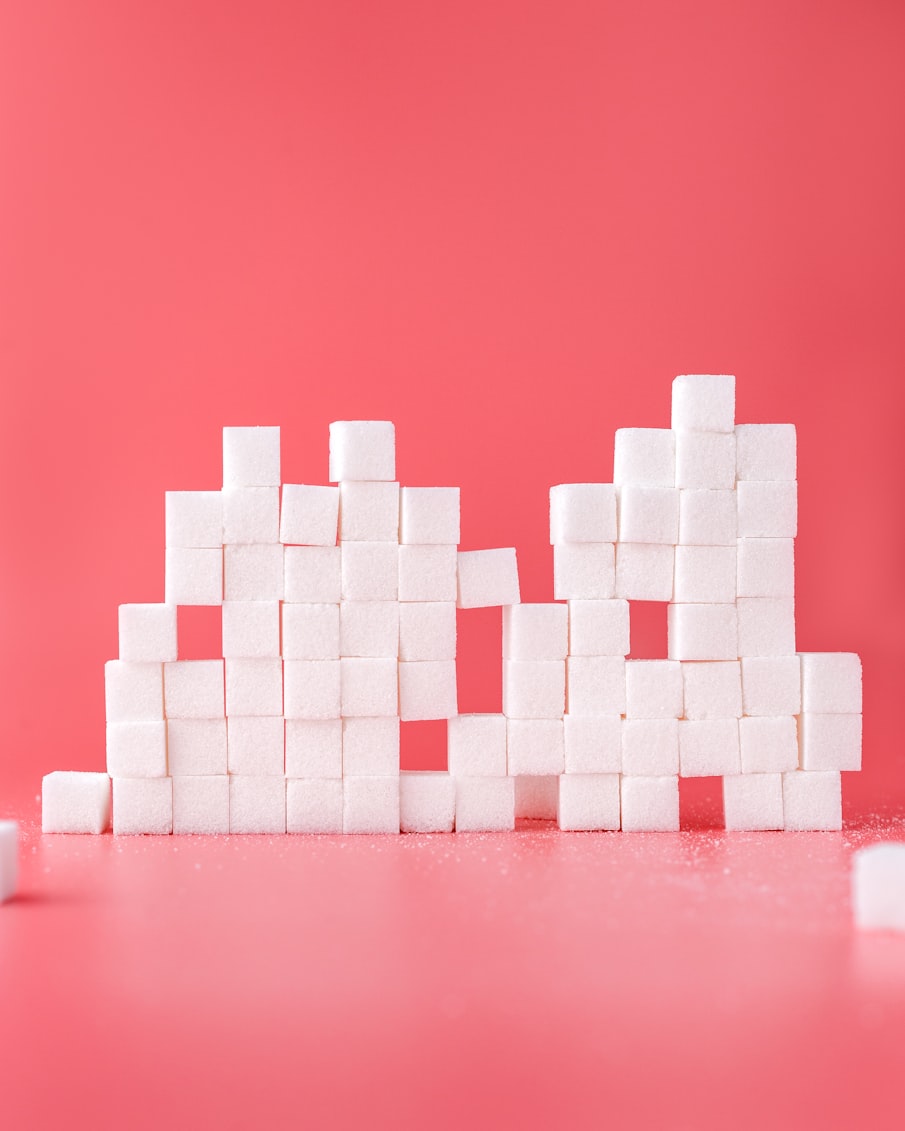With one in five Brits admitting to sugar being their biggest vice, how much do we really know about our sugar consumption?
Sugar. We all know it’s not exactly good for us, but do any of us realise the impact it can have on our health, physically and mentally? And do we really know how much of the white stuff we’re consuming?
According to the latest figures from air up, one in five (22%) of us feel that sugar is our biggest vice in life. A further 27% of us admit that our sugary drink impact has had a negative impact on our physical health, be that through tooth decay, weight gain, or overall dehydration. Yet an astonishing 73% incorrectly believe that drinking sugar isn’t as bad as eating it.
It’s not just our own sugar intake that should be worrying us. Charity Action on Sugar, comprised of leading experts aiming to raise awareness on the impact of excess sugar consumption on our wellbeing, highlighted the misconceptions around children’s ‘healthy’ fruit snacks as part of Sugar Awareness Week. Many snacks aimed at children as young as 12 months contain between two and four and a half teaspoons of ‘free sugars’ per serving.
We need honest claims and front of pack labelling to be compulsory. Our previous survey showed parents are being misled by ‘healthy’ fruit snacks which can have up to 4.5tsps per serving! https://t.co/gmy7JWpuEL #SugarAwarenessWeek #SnackingonSugar pic.twitter.com/kGxipGL8yB
— Action On Sugar (@actiononsugar) November 8, 2021
With packaging feeling confusing at best (if not outright deceiving), how can we start to get a better understanding about what we’re eating?
What are ‘free sugars’, and why are they bad for us?
Free sugars refers to any type of sugar that has been added to our food or drinks. While we know to look out for added sugar in things like biscuits, chocolate, and fizzy drinks, many may not realise that other foods can be packed with sugar, including flavoured yoghurts and breakfast cereals. Honey, unsweetened fruit and vegetable juices, as well as smoothies, are all high in sugar as well and, despite the sugar in these foods occurring naturally, the NHS advises that they still count as free sugars.
But why are they bad for us? Well, we typically digest these kinds of sugar more quickly than other types, and often offer few to no nutritional and health benefits compared to foods that are made up of naturally occurring sugars.
How much sugar should I be having?
Current guidelines in the UK recommend that free sugars should make up five percent or less of our total calorie intake each day. That means:
- Children aged four to six should have 19g or less each day.
- Children aged seven to 10 should have no more than 24g a day.
- Everyone aged 11 and over should have 30g or less of sugar.
While there are no guidelines for under four’s, avoiding sugary drinks and foods with added sugar are recommended.
How do I know if I’ve got a sugar problem?
Many of us are consuming nearly three times our recommended daily allowance of sugar. But how do you know if your relationship with sugar has become unhealthy? Hypnotherapy Directory shares more about the signs you might have a sugar problem.
- Regularly eating sugary snacks when you aren’t hungry can be an early warning sign. Hiding what you eat (in quantity, type or variety of foods) or feeling guilt after eating can also be a sign that you may have an unhealthy relationship with food.
- If you feel physical symptoms such as headaches, lethargy, or cravings after you try to cut back on certain foods or experience a change in your regular eating habits, these can be signs that your diet may contain too much sugar. Other common issues such as acne breakouts may even be a sign that sugar is having more of an effect than you realise.
What can I do to reduce my sugar intake?
Having some naturally occurring sugar in your diet, like that found in vegetables and fruit, is a healthy part of having a balanced diet. But there are foods you can cut back on to help reduce your sugar intake.
- Swap sugary drinks like fizzy and squash for water or low-fat milk. Try not to switch to fruit juices, as these too contain sugar. If fizzy is your main vice, mixing no-added-sugar squash with sparkling water can help you make the first step away from these. If you’re more of a hot drink fan, cutting back on the added sugar in each mug, or switching to sweetener can help.
- Replace high-sugar spreads with low-fat or reduced-sugar versions. For a better swap, switch to sliced fruit like banana, or low-fat cream cheese.
- Start checking nutrition labels on your food as you shop. Many big online supermarkets now list these online as well if you’re used to doing a digital shop, making it even easier to keep an eye on what’s really in your food.
- Avoid any cereals that are frosted, coated, or contain chocolate or honey. Ideally, unsweetened wholegrain cereals are the best option. Try adding fresh or dried fruit to your cereal to still get that hint of sweetness, while helping make up your recommended five a day.

Finding professional help
If you’re worried about the amount of sugar you consume, there are a number of different professionals you can reach out to for help. Stress can often be a contributing factor to not only overeating, but can negatively impact our overall sense of wellbeing, leading us to fall back on unhelpful habits.
Working with a hypnotherapist can help you to decrease your stress levels, learn practical relaxation techniques such as mindfulness and meditations, as well as discover ways of making more time for self-care.
Working with a counsellor can help you to better understand underlying factors that may be contributing to the way you eat, helping you to learn how to identify unhealthy behaviours and patterns. Together, you can discover healthier coping mechanisms.
Working with a nutritionist can help you to better understand your diet and discover new ways of introducing healthier foods.


Comments